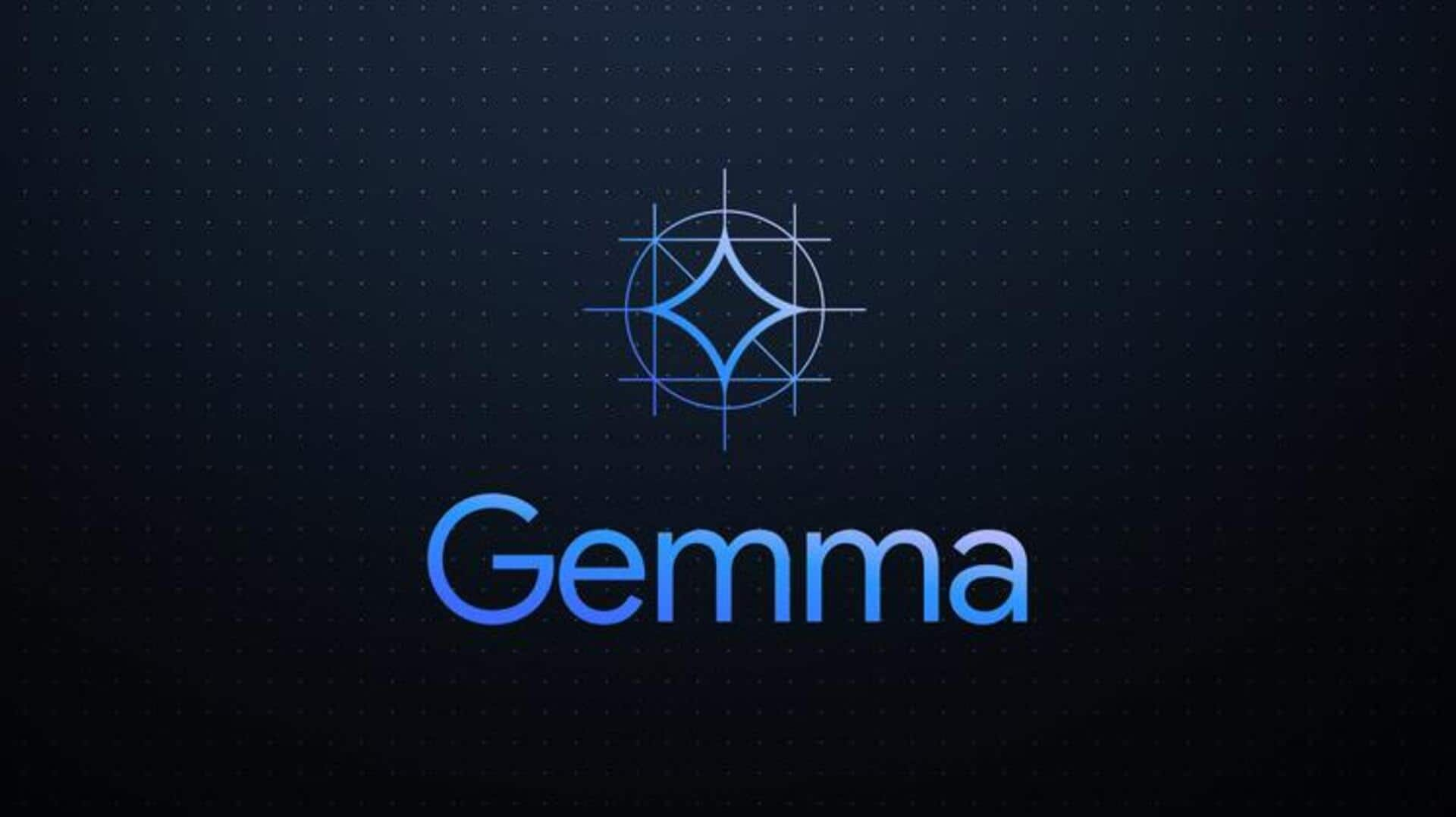
Google releases Gemma 2B, 7B open-source AI models: What's special?
What's the story
Google has unveiled Gemma 2B and 7B, open-source AI models that give developers more freedom to use the research behind its top-notch Gemini model. Unlike the closed AI model Gemini, which rivals OpenAI's ChatGPT, Gemma is meant for smaller tasks like basic chatbots and summarizing content. Despite their smaller size, Google says Gemma models "surpass significantly larger models on key benchmarks" and can run directly on a developer's laptop or desktop.
Availability
Gemma models available on multiple platforms
Developers can access Gemma models through platforms like Kaggle, Hugging Face, NVIDIA's NeMo, and Google's Vertex AI. Both model sizes are offered with a commercial license for any organization size, user count, or project type. However, Google, like other companies, often restricts its models from being utilized for certain tasks like weapons development programs. Tris Warkentin, Product Management Director at Google DeepMind, expressed hope to "build with the community to address market needs outside of English-language tasks."
Accessories
Responsible AI toolkits included with Gemma
To tackle the risks associated with open models, Gemma comes with "responsible AI toolkits." These toolkits let developers set their own guidelines or create a list of banned words when using Gemma in their projects. They also feature a model debugging tool that allows users to examine Gemma's behavior and fix issues. Warkentin stressed the importance of "more extensive red-teaming to Gemma because of the inherent risks involved with open models."
Costs
Free usage and cloud credits for developers
Gemma can be used for free on Kaggle, and first-time Google Cloud users get credits worth $300 (around Rs. 24,900) to use the models. Researchers can also apply for up to $500,000 (Rs. 4.14 crore) in cloud credits. While it's unclear how much demand is there for smaller models like Gemma, other AI firms have rolled out lighter variants of their flagship foundation models too. For instance, Meta launched the smallest version of Llama 2, Llama 2 7B, last year.